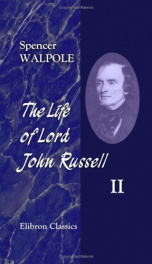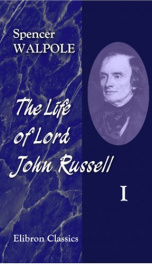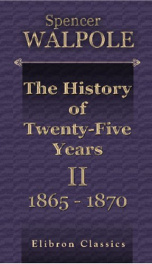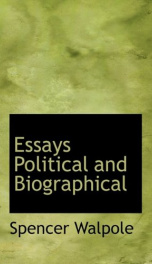the electorate and the legislature
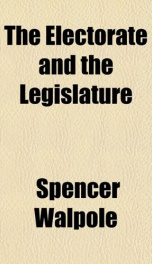
Purchase of this book includes free trial access to www.million-books.com where you can read more than a million books for free. This is an OCR edition with typos. Excerpt from book: CHAPTER III. THE HOUSE OF COMMONS. In tracing the development of parliamentary government and the history of the House of Lords in the preceding chapters, frequent mention has necessarily been made of the rise of the Commons to power. We have seen how the Conqueror, after Hastings, converted an assembly of the wise men of the nation into a feudal gathering of his tenants-in-chief ; how the lesser barons, unable or unwilling to defray the cost of personal attendance at court, deputed two or three of their number to represent them ; how the custom which thus arose received the force of law at Runnymede; how, in the middle of the thirteenth century, the sheriffs were desired to secure the election of proper representatives of the men of the county, instead of simply selecting representatives themselves; how a few years later a single reformer, winning a memorable victory over the Crown, decided on admitting borough representatives to Parliament; and how, before the century was closed in which these great reforms were made, the legislature permanently acquired the elements of which it still consists. Yet the wisest man in the thirteenth century could not have anticipated the results whichthe reforms of his own time were gradually preparing. In the reign of Edward I. it would have seemed mere folly to have predicted that the time would come when the Crown would still reign but no longer govern; when the vast power of the clergythe first estatewould be represented in Parliament by an insignificant group of twenty-six prelates in the House of Lords; when the Lords themselves would be only allowed to continue as a separate branch of the legislature on the understanding that they should not oppose the will of the Commons on any question of paramount importance; when the Commons, vi...
Info about the book
Author:
Series:
Unknown
ISBN:
1240148739
Rating:
3/5 (4)Your rating:
0/5
Languge:
English
Users who have this book
Users who want this book
What readers are saying
What do you think? Write your own comment on this book!
write a commentif you like the electorate and the legislature try:
Other books by this author
Do you want to exchange books? It’s EASY!
Get registered and find other users who want to give their favourite books to good hands!

